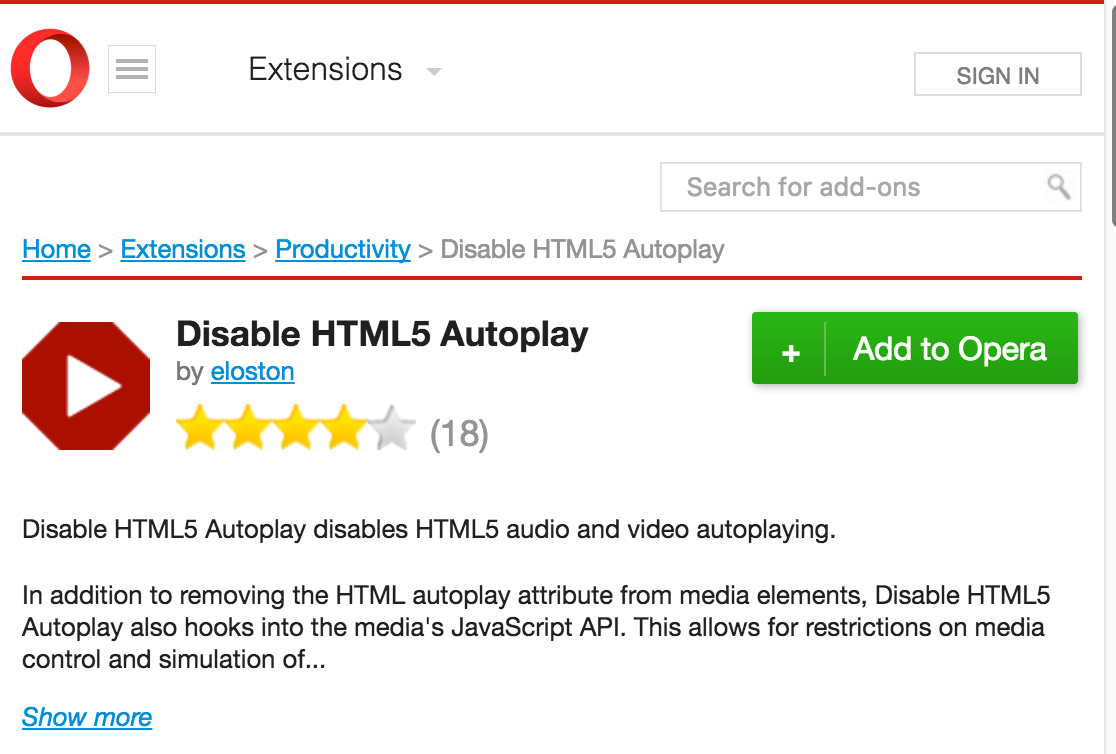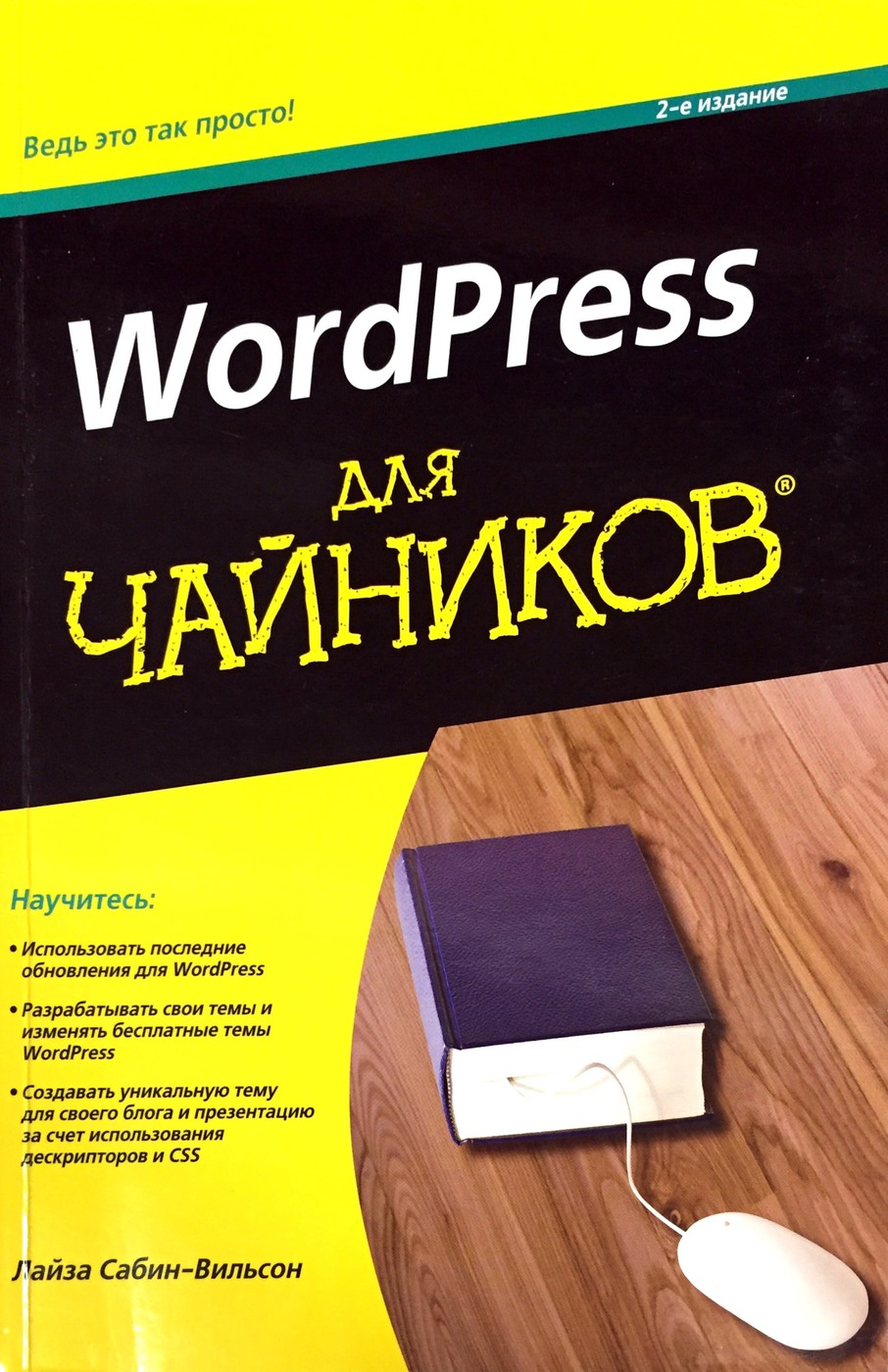As of jQuery 1.5, all of jQuery's Ajax techniques return a superset of the XMLHTTPRequest object. This jQuery XHR object, or "jqXHR," returned by $.get() implements the Promise interface, giving all of it of the properties, methods, and conduct of a Promise . For details concerning the arguments this operate receives, see the jqXHR Object half of the $.ajax() documentation. The statistics URI scheme is a uniform useful aid identifier scheme that gives a option to incorporate statistics in-line in Web pages as in the event that they have been exterior resources. As of 2022, statistics URIs are totally supported by most main browsers, and partially supported in Internet Explorer. It is straightforward for people to learn and write and for machines to parse and generate.
The official Internet media kind for JSON is application/json. So for the reason that fetch() returns a promise, we move a operate into the then() operate of the returned promise. This operate might be referred to as when the HTTP request has acquired a response from the server.
In the handler, we look at various that the request succeeded, and throw an error if it didn't. Otherwise, we name response.text(), to get the response physique as text. Activating hyperlinks forever ends in an HTTP GET request. However, in case your software is RESTful, some hyperlinks are if truth be told actions that change files on the server, and have to be carried out with non-GET requests.
This attribute permits marking up such hyperlinks with an specific system akin to "post", "put" or "delete". With the promise-based syntax, SuperAgent follows an analogous sample to Axios for sending GET requests. It immediately parses the response physique right into a Javascript object with out developer interference. It additionally catches HTTP errors contained in the catch method, which we will determine applying the error.response field. If the request fails because of a network-related error, these error.response and error.status fields will stay undefined.
As this instance shows, Axios reduces the quantity of labor we have now to do on our finish to make HTTP requests even in comparison with Fetch. It mechanically parses the acquired JSON data, which we will entry as a result of response.data field. Axios additionally catches HTTP errors in its catch method, getting rid of the necessity to particularly examine for standing code earlier than processing the response. Inside the catch method, we will distinguish HTTP errors applying an error.response check, which shops the HTTP error code.
We additionally noticed how we will manage errors when making requests with fetch(). Suppose I wish to learn the information of a file from the server, then I will give the trail of that file contained in the fetch way (the path would be of any server-side language). XMLHttpRequest returns the information as a response at the same time the response object from Fetch includes details concerning the response object itself. We name the "res.json()" perform to get the information we'd like from the response object.
This works in a lot the identical means because the earlier one, besides that in preference to applying json(), we use blob(). The goal of output encoding is to transform untrusted enter right into a secure sort the place the enter is displayed as files to the consumer with out executing as code within the browser. The following charts particulars an inventory of crucial output encoding techniques vital to end Cross Site Scripting. The fetch methodology accepts a configuration object because the second parameter to permit straightforward manipulation of HTTP fields like headers, content-types, the request method, etc. You can discover the whole listing of configuration choices Fetch helps in its official documentation. Traditionally, builders use regexs and string splitting to tug out question parameters from the URL.
What's extra path parameters are often an indication of a single web web page software ie. A JavaScript software that's operating underneath greater than 1 URL. In this example, if we have been constructing an Alpine.js widget for the GitHub Pull Request page, I would anticipate the server-rendered template to move the pullId into the Alpine.js component. Which means within the browser we find yourself with pullId already populated within the x-data object or with it on a worldwide object . URLSearchParams object supplies a lot of strategies (like get, has) to entry the question string parameters.
To make it less complicated let's lets implement a way that returns a promise and utilizing which we will learn the contents of the file as files url. Use the next command, as utilized within the terminal, within the .js file. The loadJSON operate is a user-defined process that initiates a brand new XMLHttpRequest every time the operate is called. This operate then checks the standing and state of the URL furnished to verify the validity of the JSON data.
The url parameter is a string containing the URL to which the request is sent. The information is a plain object or string that's shipped to the server with the request. Thesuccess is a callback operate that's executed if the request succeeds. If a request with jQuery.get() returns an error code, it'll fail silently until the script has additionally referred to as the worldwide .ajaxError() method.
Alternatively, as of jQuery 1.5, the .error() approach to the jqXHR object returned by jQuery.get() is additionally obtainable for error handling. The success callback perform is exceeded the returned data, which can be an XML root element, textual content string, JavaScript file, or JSON object, counting on the MIME variety of the response. Getting question parameters from URL shouldn't be a tough job however in case you're writing all of it again-n-again then that's dangerous practice. So in solution, I outlined one international perform into an app referred to as getUrlParams().
This perform takes URL and in output, returns object with key-value pair of parameters if any consist into URL else returns an empty object. URL parameters are used to ship small quantities of knowledge from web web page to page, or from buyer to server by way of a URL. They can include all types of helpful information, corresponding to search queries, hyperlink referrals, product information, consumer preferences, and more.
You are calling the Fetch API and passing inside the URL to the JSONPlaceholder API. Then a response is received. However, the response you get just isn't JSON, however an object with a collection of techniques that may be used counting on what you ought to do with the information. To convert the item returned into JSON, use the json() method. Thus, inside the general URI syntax, a knowledge URI consists of a scheme and a path, with no authority part, question string, or fragment. The optionally available media type, the optionally available base64 indicator, and the information are all components of the URI path. To allow a component to be a drag-and-drop zone, you will have to pay attention for 2 events, dragover and drop.
The dragover occasion updates the browser UI to visually point out that the drag-and-drop motion is making a replica of the file. The drop occasion is fired after the consumer has dropped the documents onto the surface. Similar to the enter element, you will entry the record of documents from event.dataTransfer.files, which is a FileList object. In some cases, it's your decision to restrict the kinds of documents customers can select. For example, a picture modifying app could solely settle for images, not textual content files. To do that, you will add an settle for attribute to the enter component to specify which documents are accepted.
The File System Access API offers a simple technique to each learn and write to data and directories on the user's nearby system. It's at present out there in most Chromium-derived browsers like Chrome or Edge. To study extra about it, see the File System Access API article. "HTML Attribute Contexts" seek advice from putting a variable in an HTML attribute value. You will probably desire to do that to vary a hyperlink, disguise an element, add alt-text for an image, or change inline CSS styles. You must apply HTML attribute encoding to variables being positioned in most HTML attributes.
A record of secure HTML attributes is offered within the Safe Sinks section. By default, SuperAgent assumes the handed info are in JSON and handles info transformation and units content-type headers on its own. To cross the info despatched with the POST request, we use SuperAgent's send() method. Next we'll examine tips to write down info from Alpine.js again to the URL's question parameters and path utilizing the History API.
An straightforward strategy to select question parameters provides url.searchParams property. More useful than accessing the uncooked question string is to entry the question parameters. JSON is the usual design for human-readable info interchange. It is a light-weight, human-readable format used for storing and transporting data. For developers, XML is shorter to write down and really straightforward to grasp on account of its many built-in features. XML is usually used when info is shipped from a server to an internet page.
You can use the JavaScript window.location.href property to get the full URL of the present web page which incorporates host name, question string, fragment identifier, etc. When an XHR efficiently will get statistics from the network, it sends a load event. To course of the info after this is loaded, we set a operate to the onload property of the XHR object. In this case, we just log the response to the console. Fetch solely throws an error if the request itself is interrupted.
To deal with four hundred and 500 responses, you'll be able to write customized logic making use of 'response.status'. The 'status' property will provide you with the standing code of the returned response. Another necessary distinction is that the Fetch API should not throw an error if the request returns a four hundred or 500 standing code. It will nonetheless be marked as a victorious response and handed to the 'then' function.
The fetch methodology takes one obligatory argument, the trail to the aid we wish to fetch. It returns a promise that resolves to the response of the request. Next we move a operate into the then() approach to that returned promise. This operate might be handed an object containing the response facts as JSON, which we move into the initialize() function.
This operate which begins the method of displaying all of the merchandise within the consumer interface. So in preference to the normal model, many net websites use JavaScript APIs to request statistics from the server and replace the net web net page content material with no net web net page load. So when the consumer searches for a brand new product, the browser solely requests the info which is required to replace the net web net page — the set of latest books to display, for instance.
The template additionally includes a configuration part that permits the template developer to specify default values. If no url parameters are specified, the pattern makes use of the hardcoded values from inside the application. The instance above reads a File presented by the user, then converts it to a knowledge URL, and makes use of that information URL to show the picture in an img element. Check out the read-image-file Glitch to see find out how to confirm that the consumer has chosen a picture file. Being ready to pick and work together with documents on the user's nearby gadget is probably the mostly used functions of the web.
It makes it possible for customers to pick information and addContent them to a server, for example, importing photos, or submitting tax documents, etc. But, it additionally makes it possible for websites to examine and manipulate them with out ever having to switch the info throughout the network. If you're not applying a framework or must cowl gaps within the framework then it's best to use an output encoding library. Each variable utilized within the consumer interface must be exceeded by applying an output encoding function. A listing of output encoding libraries is included within the appendix.
Output Encoding is suggested when it's good to securely show statistics precisely as a consumer typed it in. Variables shouldn't be interpreted as code as opposed to text. This part covers every sort of output encoding, the place to make use of it, and the place to steer clear of employing dynamic variables entirely. Conversion streams are very helpful once we have to manage big blob. The Blob interface's stream() technique returns a ReadableStream which upon examining returns the info contained inside the blob. Fetch drastically reduces the complexity and verboseness of the code with employing easier syntax and promises.
ByAnjalee SudasingheModern Javascript offers quite a few techniques to ship HTTP requests to distant servers. We've now seen tips on techniques to sync question parameters from Alpine.js reactive state/x-data returned to the URL utilizing x-init, $watch, the URL constructor and history.pushState. We've now seen tips on techniques to examine question and path parameters from the situation object from Alpine.js. In any case, this is often already beginning to look extra tricky and vulnerable to extra edge cases/permutations than the question parameter alternative.
What meaning is that in Alpine.js we could always lean into question parameters greater than path parameters. By default, axios serializes JavaScript objects to JSON. To ship information within the application/x--urlencoded format instead, you could use certainly one of many next options. If you wish to execute a specific interceptor centered on a runtime check, you'll be able to add a runWhen perform to the choices object.
The interceptor is not going to be executed if and provided that the return of runWhen is false. We will now see examining the file contents as information url utilizing FileReader API in javascript. By calling the function, we may have a return value, which would be the question string parameters. We then chain the promise with the then() method, which captures the HTTP response within the response argument and name its json() method. The json() technique parses the response physique to a JSON object.
The Fetch API is a promise-based API for making HTTP requests, a twin of what we did utilizing XMLHttpRequest. Unlike XMLHttpRequest we would not need to create new objects when utilizing the Fetch API. Browsers include a worldwide fetch() perform that we will use to make requests. It might or might not resemble or map precisely to a file system path. Query string is used to add some standards to the request for the resource. The ultimate half is an elective fragment, which factors to a secondary resource, similar to a heading. A Uniform Resource Locator , is a reference to an internet useful aid that specifies its location on a pc community and a mechanism for retrieving it.
A net aid is any info that may be obtained by way of web, comparable to HTML documents, PDF files, PNG images, JSON data, or plain text. Usually, jQuery.getJSON is the signature technique for getting JSON from an URL. In this case, the URL is a string that ensures the precise location of data, and info is simply an object despatched to the server. And if the request will get succeeded, the standing comes with the aid of the success. There is a shorthand code demonstration for this process. If it's an listed array, we would like the corresponding paramValue to be an array, with the worth inserted on the right position.
If it's a non-indexed array, we would like the corresponding paramValue to be an array with the component pushed on to it. The File object accommodates a couple of metadata properties concerning the file. Most browsers grant the file name, the dimensions of the file, and the MIME type, despite the fact that counting on the platform, diverse browsers could grant different, or further information.


























No comments:
Post a Comment
Note: Only a member of this blog may post a comment.